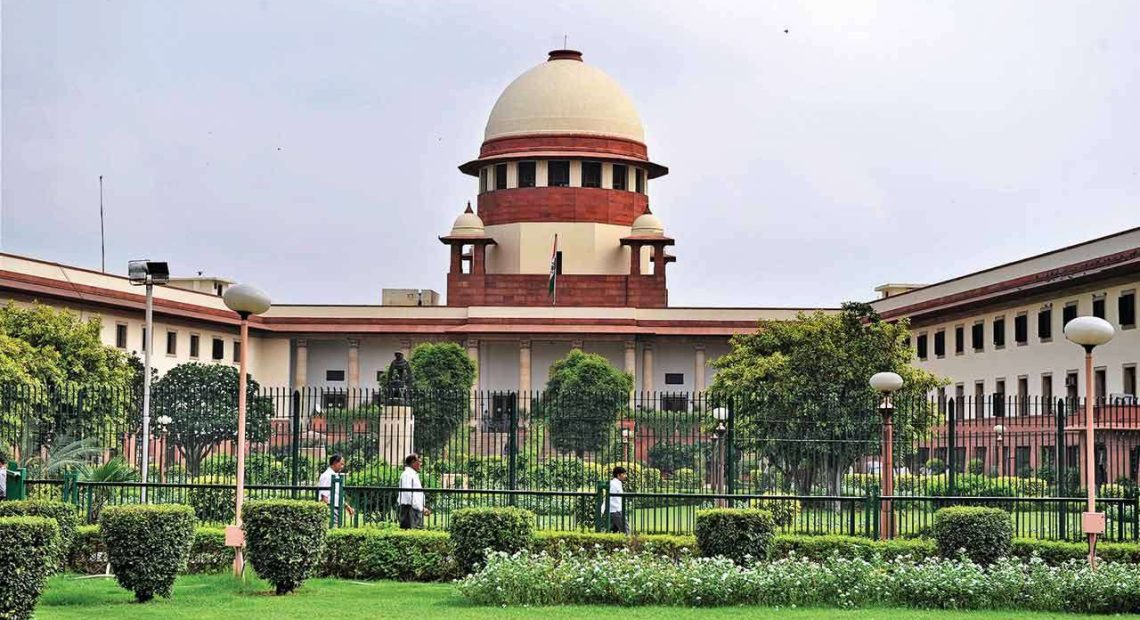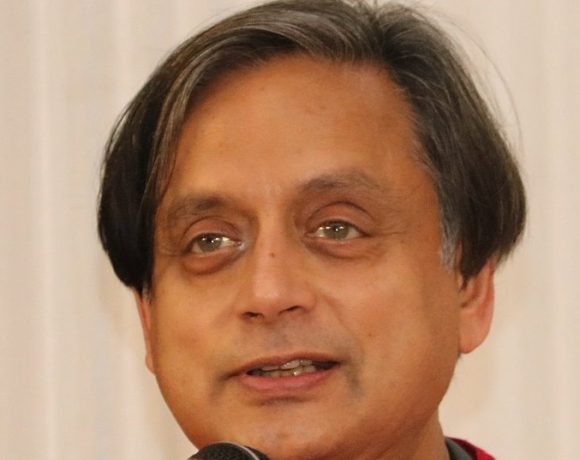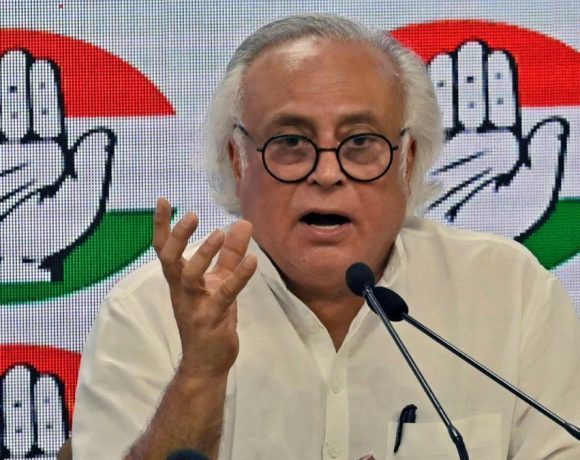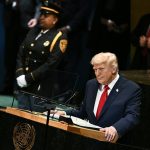
SC Bench Reconstituted to Review 2022 ED Powers Verdict
In a significant judicial development, the Supreme Court of India has reconstituted a three-judge bench to re-examine its 2022 judgment that upheld the sweeping powers granted to the Enforcement Directorate (ED) under the Prevention of Money Laundering Act (PMLA). The decision follows a series of review petitions challenging the earlier verdict for allegedly enabling unchecked authority and procedural overreach by the central agency.
ED Powers Under Scrutiny
The 2022 ruling had validated the ED’s authority to conduct arrests, searches, and seizures without prior approval from a judicial body. Additionally, it upheld stringent bail provisions that effectively reverse the burden of proof onto the accused—an exception to the general presumption of innocence. Petitioners across the political and civil society spectrum have contended that such provisions threaten fundamental rights and grant disproportionate power to the agency.
Legal observers and rights advocates had flagged that the ruling appeared to bypass constitutional safeguards and could pave the way for arbitrary enforcement. The lack of mandatory judicial oversight, they argued, significantly diluted individual protections in criminal proceedings involving alleged money laundering.
Supreme Court’s Decision to Reassess
Acknowledging the gravity of these concerns, the Supreme Court has reconstituted a new bench to re-hear the matter. This development is seen as a response to persistent calls for judicial introspection into the 2022 verdict. The fresh hearings are expected to focus on the compatibility of the ED’s powers with constitutional principles of due process and personal liberty.
The reconstituted bench is likely to consider whether procedural protections should be reinforced and whether the PMLA’s interpretation in the 2022 verdict deviates from settled criminal jurisprudence. The review could also influence how other enforcement agencies exercise coercive powers and whether systemic safeguards should be codified.
Broader Legal and Political Implications
The outcome of this reassessment holds the potential to reshape India’s legal framework on financial crime enforcement. If the Supreme Court modifies its previous stance, it may compel the government to revisit parts of the PMLA, possibly triggering legislative amendments. Alternatively, a reaffirmation of the 2022 decision would reinforce the current expansive authority of the ED.
At a time when multiple opposition leaders and dissenting voices face ED scrutiny, the judicial review assumes greater political resonance. The move is being closely monitored across legal, political, and activist circles as a test of institutional checks and balances in India’s democracy.


















